Blogs
Cardano (ADA) Solves Proof-of-Stake Conundrum

As a top ten cryptocurrency by market cap, Cardano’s approach to development is unique. Rather than emulating a corporation or community, Cardano’s organization is purely academic. Operating like the board of a major research institute, they rigorously peer review every potential development factor and only update the blockchain when a full consensus can be made. As such, their platform holds a privileged place of trust in the industry.
In the past several months, we’ve seen Cardano make great financial strides. Their listing on Huobi bolstered their ADA token’s presence in China. In the western world, Binance expanded their trading pairs to include Binance Coin (BNB) and Tether (USDT). Of course, Cardano is not just a financial instrument. The blockchain exists to one day supplant other blockchains through superior technology, and recent news pertains mostly to these development timelines.
Solving the Proof-of-Stake Question
Proof-of-Stake often sounds like the perfect solution to the ever-present problems with the Proof-of-Work mining ecosystem. The large-scale deployment of ASIC mining hardware is only one component, but it feeds into many of the others. Increasing centralization due to ASIC mining mega-farms like Bitmain defeats the original purpose of cryptocurrency. This increases the potential of the dreaded 51% attack that could cripple prominent blockchains. Not to mention the sheer electrical consumption that comes from running hashing algorithms 24/7 on hundreds, if not thousands, of machines. Proof-of-Stake itself solves some of these problems but suffers from others.
Until now, Proof-of-Stake systems could not ‘bootstrap’ new or desynced nodes from a single starting block. Proof-of-Work is capable of this, and it prevents checkpoints or other theoretically ‘trusted’ parties from becoming corrupt. Cardano’s Charles Hoskinson recently released a peer-reviewed research paper outlining the process through which they created Ouroboros Genesis. This unique variant of the Proof-of-Stake algorithm solves the problem of bootstrapping and creates a system that can compete directly with Proof-of-Work mining. This could mean big things for Cardano, but also for the entirety of the cryptocurrency world. Given the extreme energy consumption of cryptocurrency mining, reductions in this process benefit everyone. It also helps to prevent hostile centralization by ASIC mining farms.
Cardano’s Global Expansion
Cardano’s addition to Huobi and progress in the Chinese market is well known by now, but the academic blockchain did not rest after this accomplishment. Instead, they looked to emerging markets that might benefit from blockchain integration. To this end, Cardano signed a Memorandum of Understanding with the government of Ethiopia. Blockchain can offer the African country several benefits – efficient agricultural monetization, secure governmental processes and more. The partnership remains in the opening stages, but new developments are sure to come – and we will watch with great interest.
Further, alongside Ethereum and the OmiseGo team, Cardano chose to boycott the upcoming Consensus 2018 forum. Citing concerns with how the forum’s parent company operates, Charles Hoskinson tweeted at Ethereum founder Vitalik Buterin. The latter announced that he would not be attending the conference, with Hoskinson vehemently agreeing. The combination of refusing parties gives credibility to some complaints about the conference – and the company behind it.
Looking Forward with ADA
In brighter news, the Cardano team received an invitation from major cryptocurrency event Eurocrypt 2018. The development team will speak at length about their Ouroboros Genesis protocol and how it can be used to bring Proof-of-Stake algorithms up to speed. Eurocrypt is a well known and academically rigorous event that fits well with Cardano’s company vision.
Further, Cardano’s recent release of two new test nets furthers their technical accomplishments. Both test nets appeal to developers specifically, and the full Cardano product release remains some distance off. However, considering the standards that Cardano set for itself, there’s no surprise that progress moves more slowly than the less scrutinized blockchains that make up the rest of the top ten. Seeing as Cardano’s value doubled over the course of the month of April, investors do not seem bothered by the speed of development.
For the latest cryptocurrency news, join our Telegram!
Disclaimer: This article should not be taken as, and is not intended to provide, investment advice. Global Coin Report and/or its affiliates, employees, writers, and subcontractors are cryptocurrency investors and from time to time may or may not have holdings in some of the coins or tokens they cover. Please conduct your own thorough research before investing in any cryptocurrency and read our full disclaimer.
Image courtesy of Pexels
Altcoins
XNO Token of Xeno NFT Hub listed on Bithumb Korea Exchange
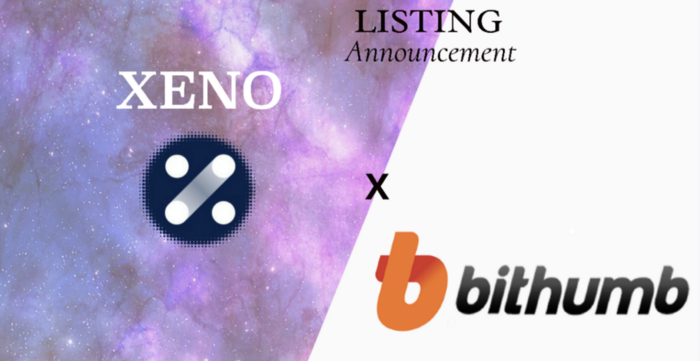
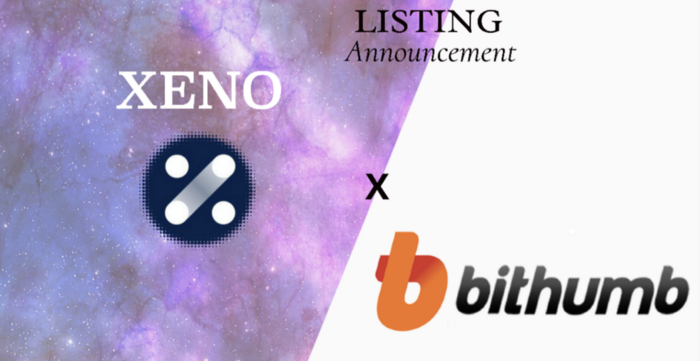
Hong Kong, Hong Kong, 25th January, 2021, // ChainWire //
Xeno Holdings Limited (xno.live ), a blockchain solutions company based in Hong Kong, has announced the listing of its ecosystem utility token XNO on the ‘Bithumb Korea’ cryptocurrency exchange on January 21st 2021.
Xeno NFT Hub (market.xno.live ), developed by Xeno Holdings, enables easy minting of digital items into NFTs while also providing a marketplace where anyone can securely trade NFTs.
The Xeno NFT Hub project team includes former members of the technology project Yosemite X based in San Francisco and professionals such as Gabby Dizon who is a games industry expert and NFT space influencer based in Southeast Asia.
NFT(Non-Fungible Token) technology has recently gained huge focus in the blockchain arena and beyond, making waves in the online gaming sector, the art world, and the digital copyrights industry in recent years. The strongest feature of NFTs is that “NFTs are unique digital assets that cannot be replaced or forged”. Unlike fungible tokens such as Bitcoin or Ether, NFTs are not interchangeable for other tokens of the same type but instead each NFT has a unique value and specific information that cannot be replaced. This fact makes NFTs the perfect solution to record and prove ownership of digital and real-world items like works of art, game items, limited-edition collectibles, and more. One of the ways to have a successful…
Altcoins
Should Crypto Projects Devote Resources to Community Growth and Marketing?

2020 has been an incredible year for crypto as investors have generated windfall profits and crypto projects have seen their businesses gain the spotlight they’ve been looking for. While Bitcoin has received most of the attention after major institutional investors announced they were accumulating the increasingly scarce asset, many altcoins have also seen their fair share of glory. When looking at all the big winners of the past year, the first project that probably comes to mind is Chainlink, having appreciated by more than 550% YTD and now valued at over $4.5 billion. But, the actual biggest winner of the year is HEX with a YTD return of over 5,000%.
I mention both of the above projects as they have each taken slightly different paths to achieve greatness. Chainlink has devoted resources toward building a fundamentally sound business with many strategic partnerships while HEX has spent vast sums of money on marketing and promotion. Both approaches are valid, but one thing is certain, it is absolutely imperative for crypto projects to let the crypto community know what makes them special. Of course, one of the reasons that makes crypto so valuable is the powerful blockchain technology that most projects are utilizing.
Cryptocurrency vs. Blockchain Technology
It’s important to make a distinction between blockchain technology and cryptocurrency. Although they are often used interchangeably, they are different. Blockchain technology and crypto were both created after the 2008 financial crisis, but cryptocurrency…
Altcoins
XENO starts VIP NFT trading service and collaborates with contemporary artist Hiro Yamagata
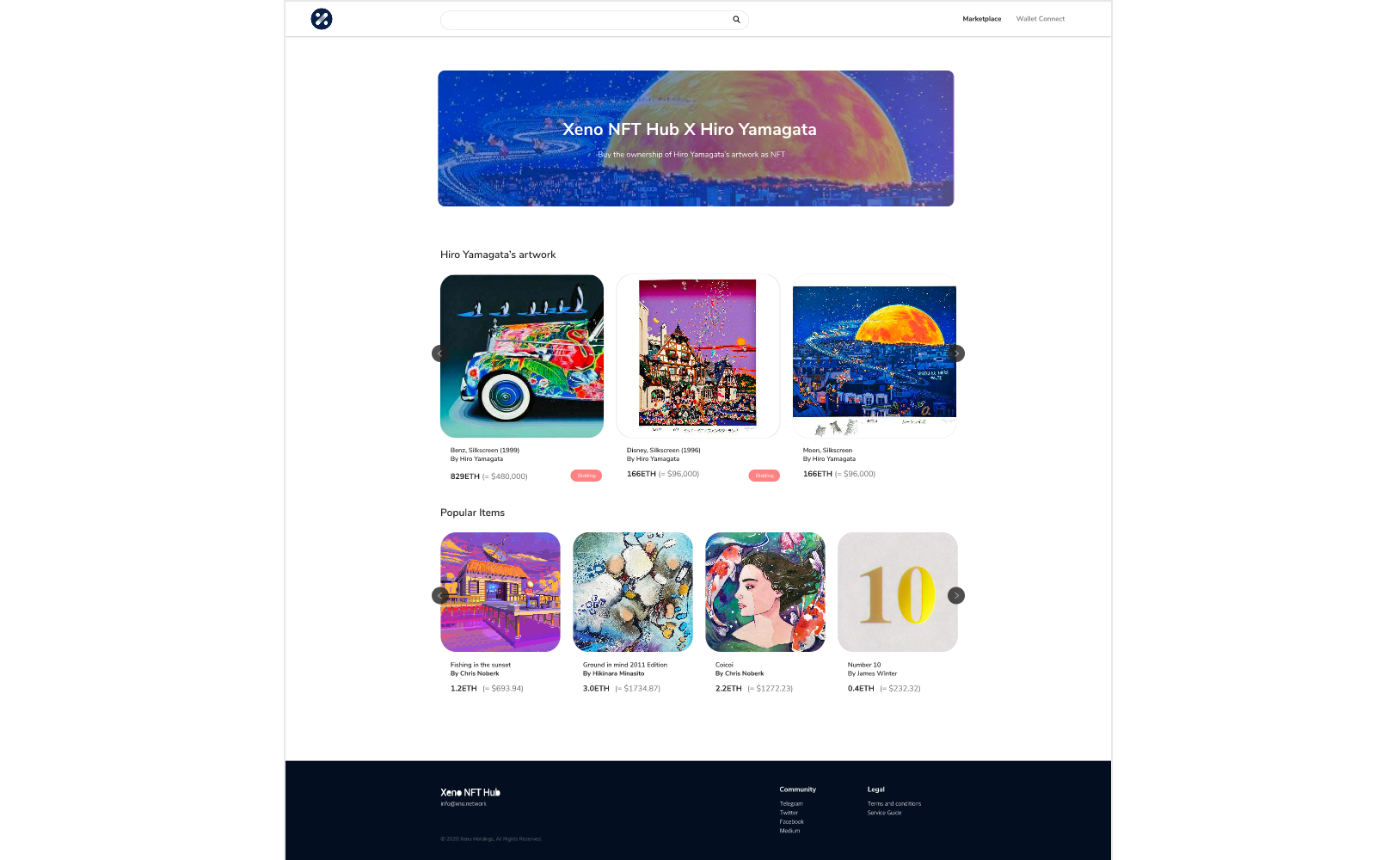
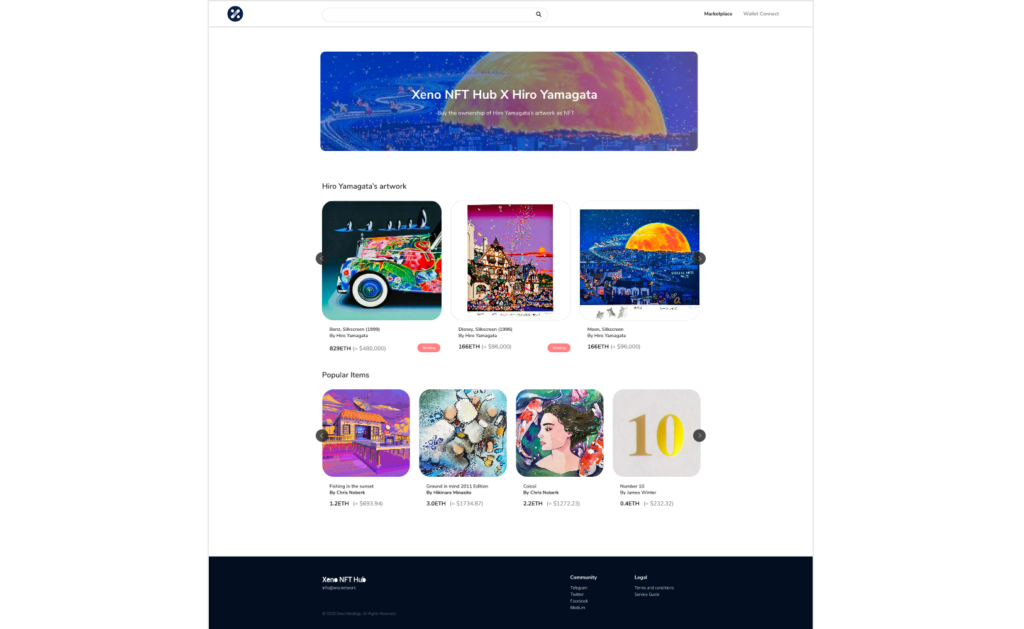
Hong Kong, Hong Kong, 24th December, 2020, // ChainWire //
The XENO NFT Hub (https://xno.live) will provide a crypto-powered digital items and collectables trading platform allowing users to create, buy, and sell NFTs. Additionally it will support auction based listings, governance and voting mechanisms, trade history tracking, user rating and other advanced features.
As a first step towards its fully comprehensive service, XENO NFT Hub launched a recent VIP service to select users and early adopters in December 2020 with plans for a full Public Beta to open in June 2021.
“NFTs are extremely flexible in their usage, from digital event tickets to artwork, and while NFTs have a very wide spectrum of uses and categories XENO will initially focus its partnership efforts and its own item curation on three primary areas: gaming, sports & entertainment, and collectibles.”, said XENO NFT Hub president Anthony Di Franco.
He also added “This does not mean we will prohibit other types of NFTs from our ecosystem However, it simply means that XENO’s efforts as a company will be targeted into these verticals initially as a cohesive business approach.”
Development and Procurement Lead, Gabby Dizon explained, “Despite our initial focus, we found ourselves with a unique opportunity to host some of the works of Mr. Hiro Yamagata. We are collaborating with Japanese artist Hiro Yamagata to enshrine some of his artwork into NFTs.”
Mr. Yamagata has…
-

 Blogs6 years ago
Blogs6 years agoBitcoin Cash (BCH) and Ripple (XRP) Headed to Expansion with Revolut
-

 Blogs6 years ago
Blogs6 years agoAnother Bank Joins Ripple! The first ever bank in Oman to be a part of RippleNet
-

 Blogs6 years ago
Blogs6 years agoStandard Chartered Plans on Extending the Use of Ripple (XRP) Network
-

 Blogs6 years ago
Blogs6 years agoElectroneum (ETN) New Mining App Set For Mass Adoption
-

 Don't Miss6 years ago
Don't Miss6 years agoRipple’s five new partnerships are mouthwatering
-

 Blogs6 years ago
Blogs6 years agoCryptocurrency is paving new avenues for content creators to explore
-
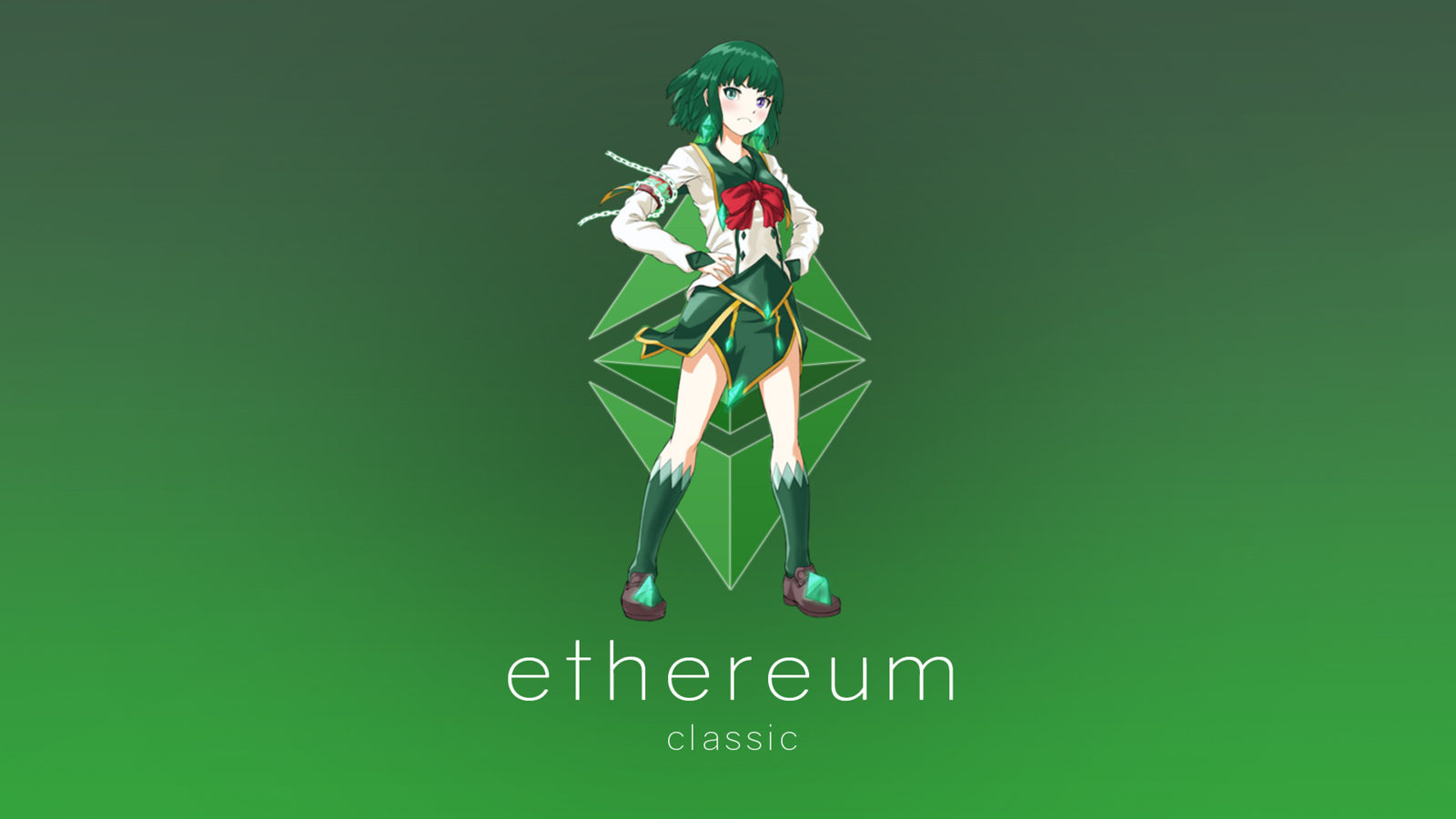
 Blogs6 years ago
Blogs6 years agoEthereum Classic (ETC) Is Aiming To Align With Ethereum (ETH)
-

 Blogs6 years ago
Blogs6 years agoLitecoin (LTC) Becomes Compatible with Blocknet while Getting Listed on Gemini Exchange













